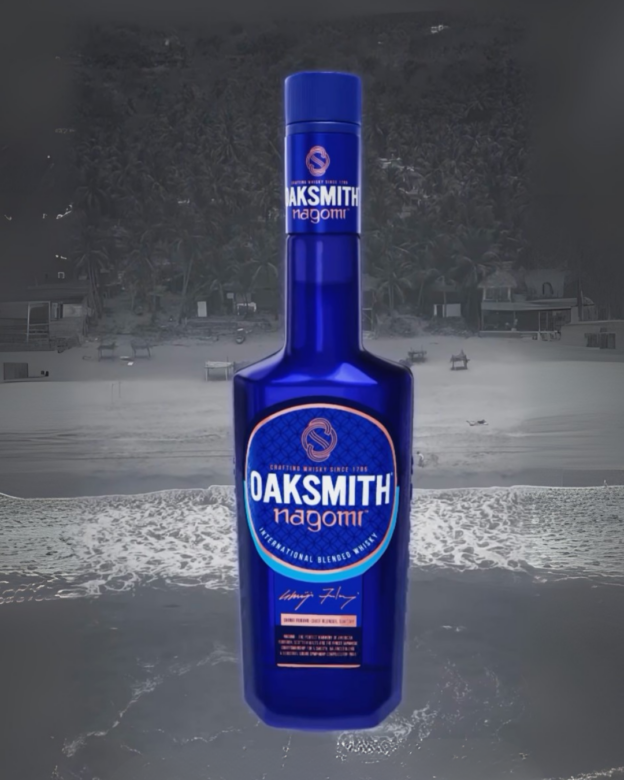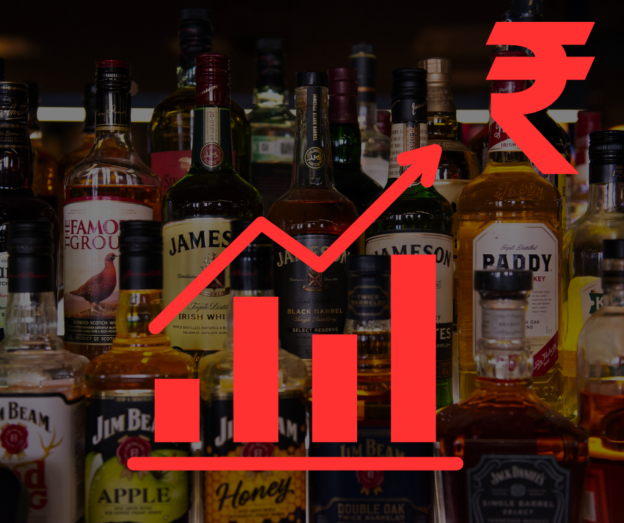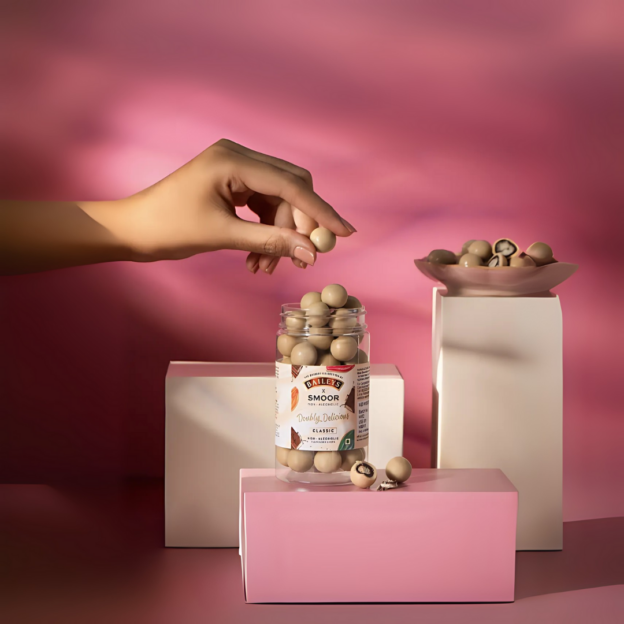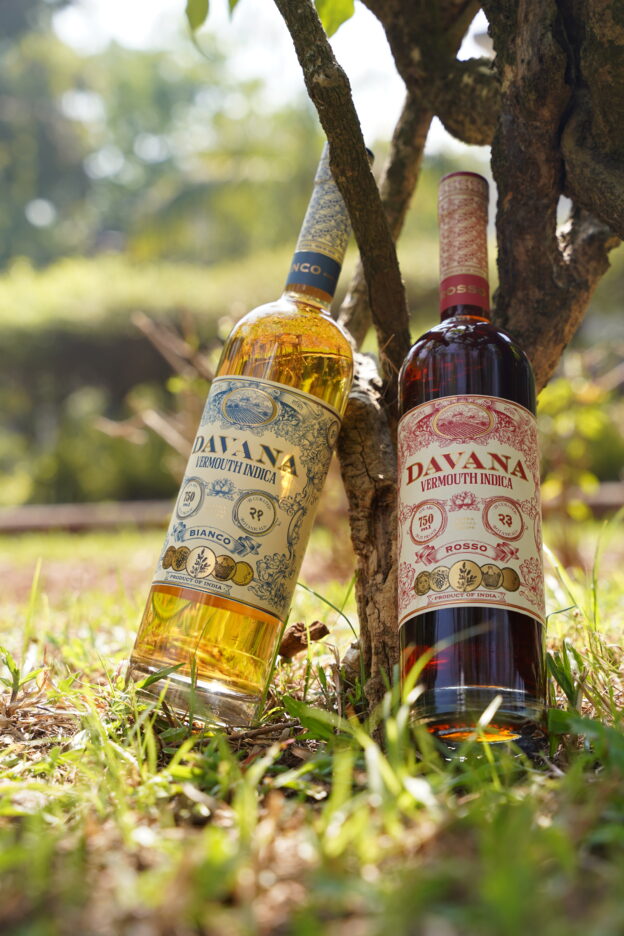- Nik Jhangiani, CFO is interim CEO
- Guidance for fiscal 25 and 26 remains unchanged
Diageo on 16th July 2025, announced that Debra Crew has stepped down as Chief Executive Officer and as a Board Director with immediate effect, by mutual agreement. Until a permanent appointment is made, Nik Jhangiani, Chief Financial Officer, will assume the role of Chief Executive Officer on an interim basis.
Diageo said that the Board had begun a comprehensive formal search process, which will include consideration of internal and external candidates.
Debra Crew has led Diageo as Chief Executive Officer since June 2023, having joined Diageo as a non-executive director in 2019, then serving as President of Diageo North America and subsequently as Group Chief Operating Officer.
Guidance for fiscal 25 and 26 remains unchanged from what was shared on 19th May 2025 in the Q3 Trading Statement, and Diageo will report its fiscal 2025 full year results on 5th August as planned.
John Manzoni, Chair, Diageo plc, said, “On behalf of Diageo and the board, I would like to thank Debra for her contributions to Diageo, including steering the company through the challenging aftermath of the global pandemic and the ensuing geopolitical and macroeconomic volatility. On behalf of all Diageo colleagues, I wish her every success in the future. The Board’s focus is on securing the best candidate to lead Diageo and take the company forward. We strongly believe Diageo is well placed to deliver long-term, sustainable value creation.”
Diageo, a global leader in beverage alcohol, saw a huge decline in the company shares since Crew took over, according to a report in a financial daily in the UK. Her career as CEO began with slump in sales in Latin America and during her tenure Crew was not able to convince investors that the decline in sales was not due to operational reasons, but due to a cyclical downturn. Diageo now states that its guidance for fiscal 2025 and 2026 remains unchanged.







